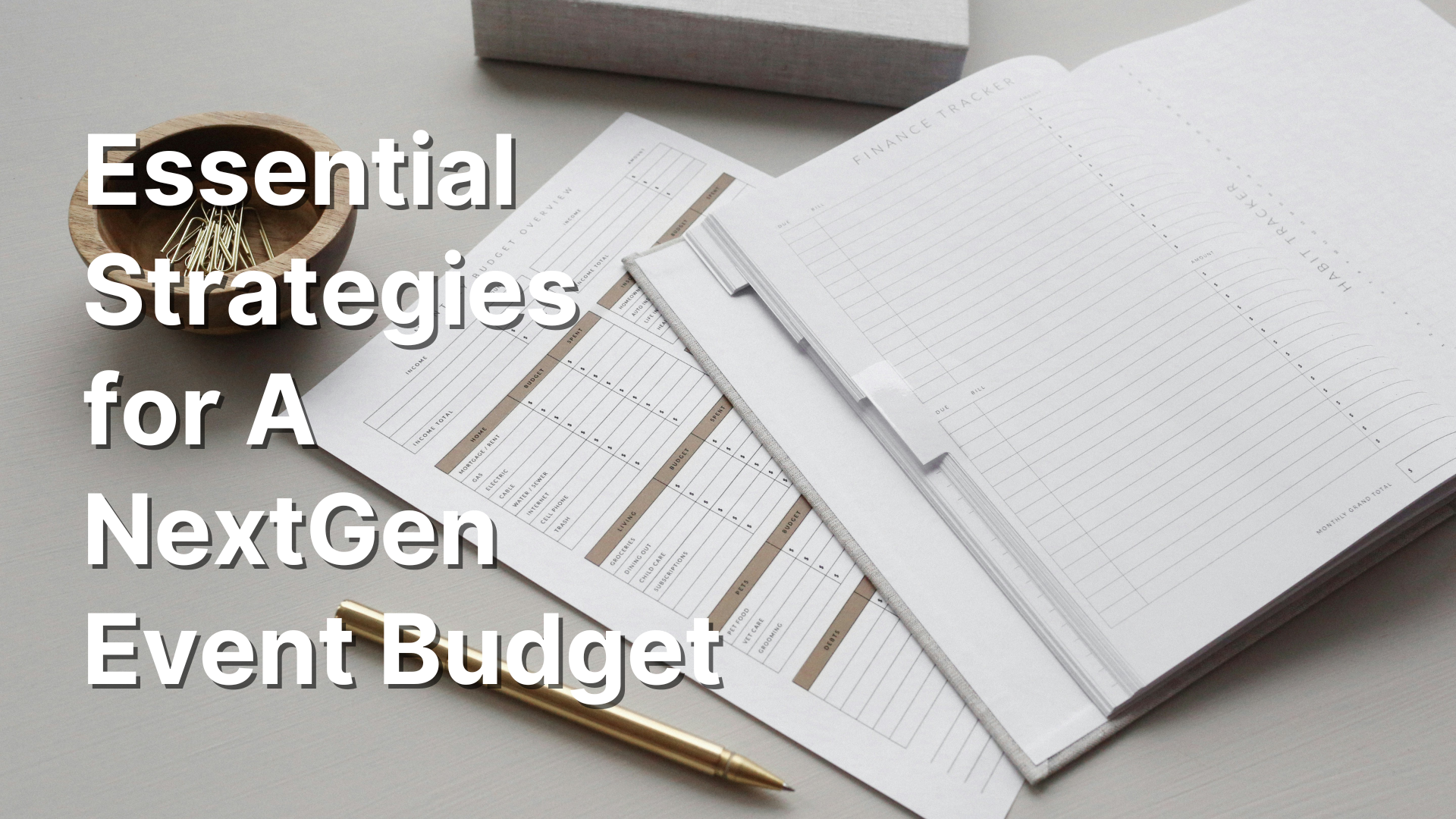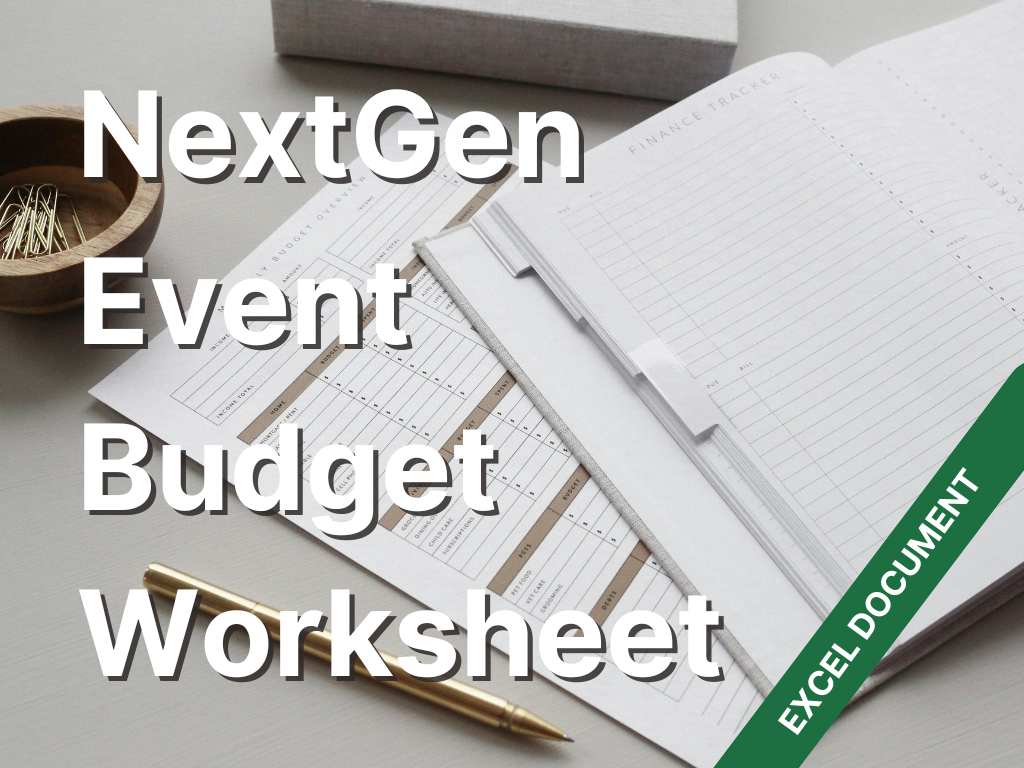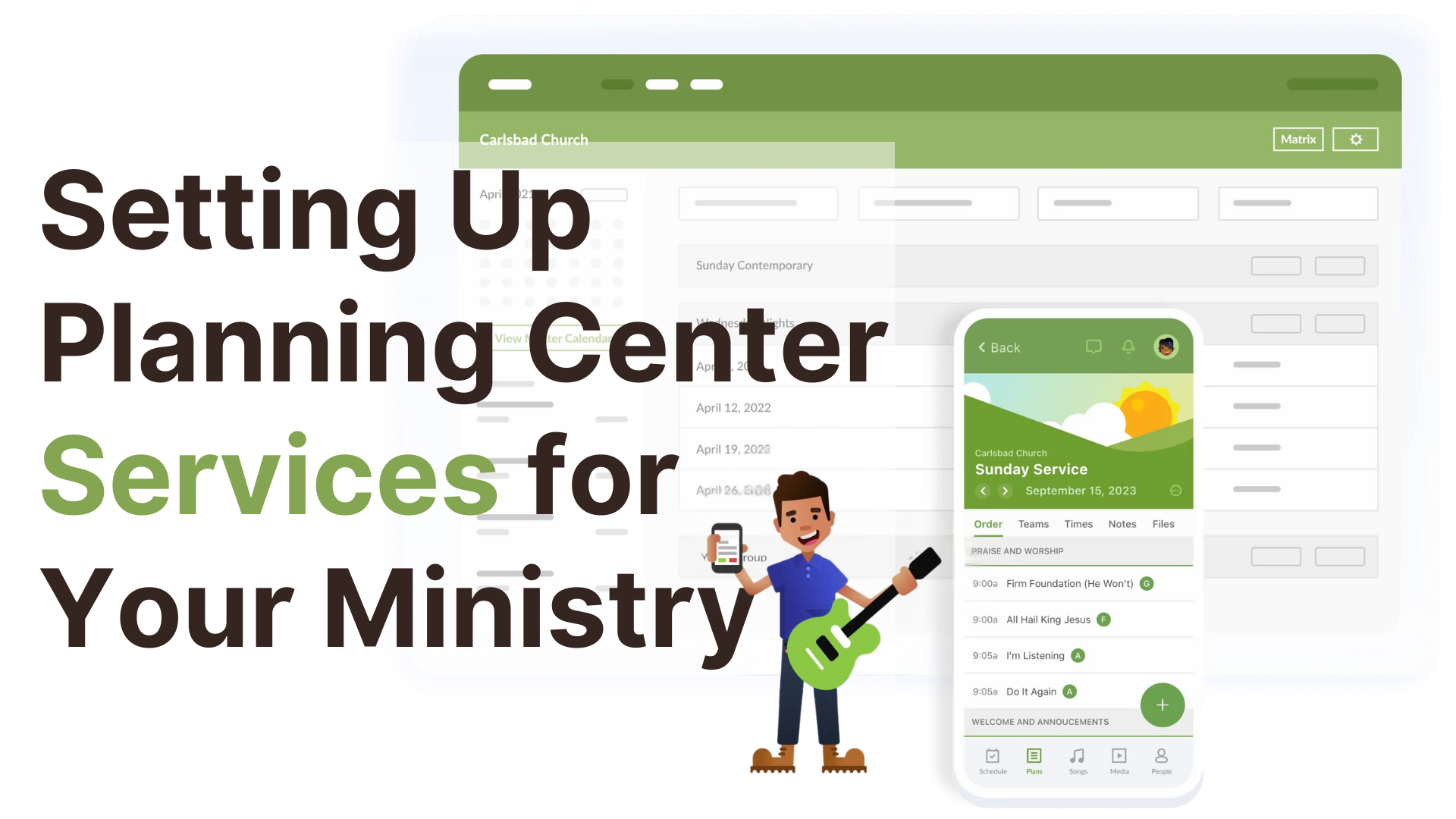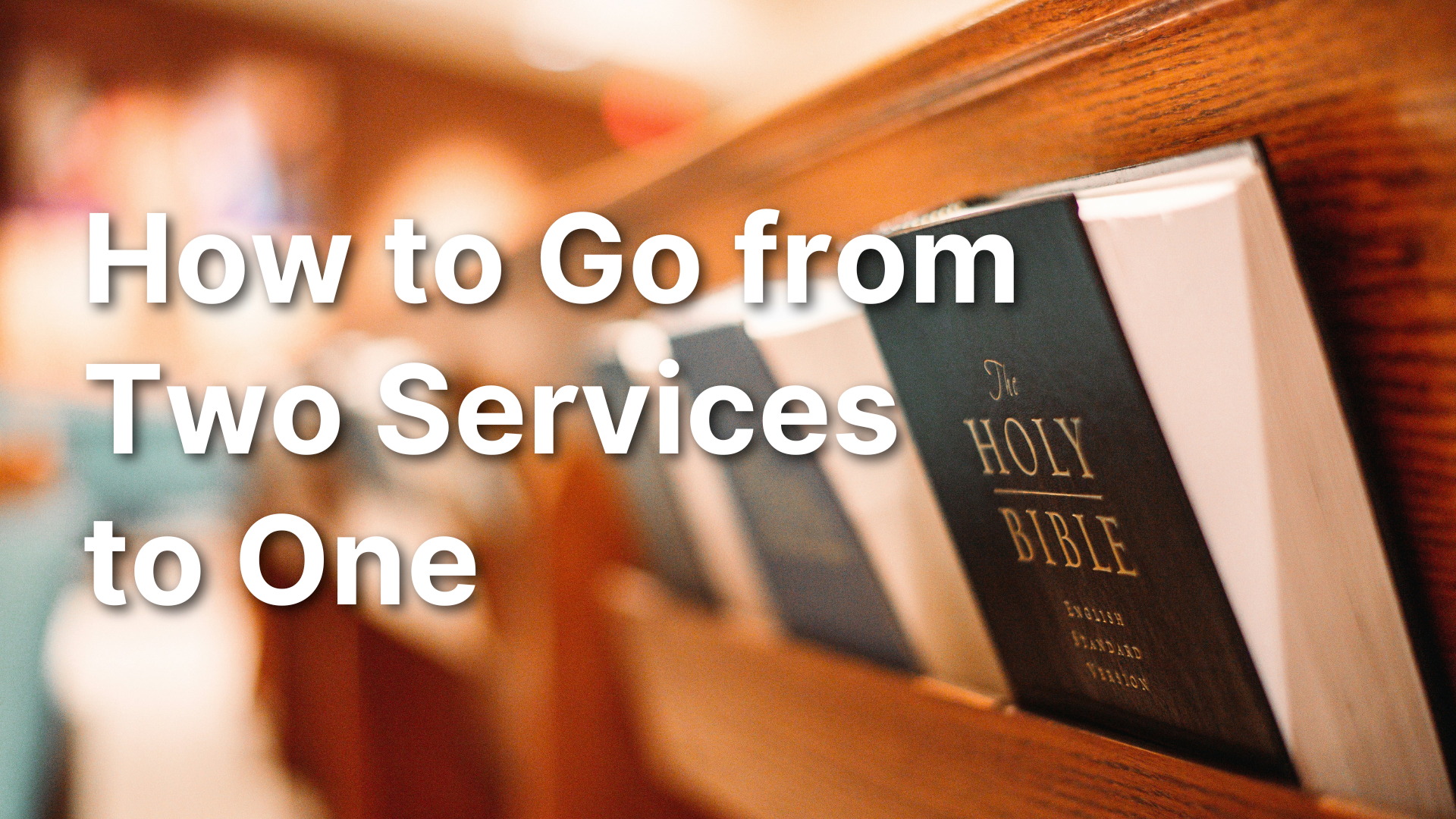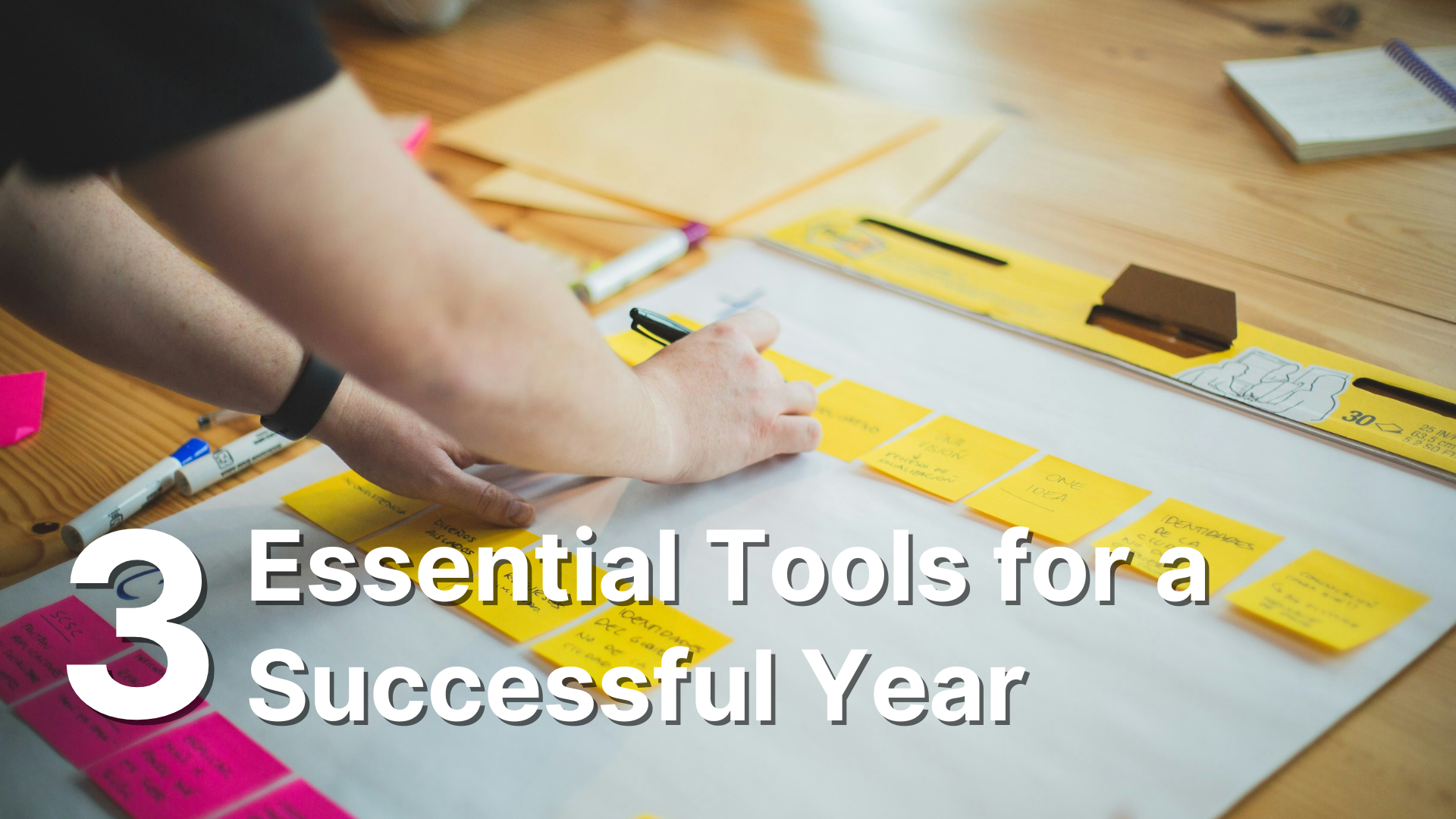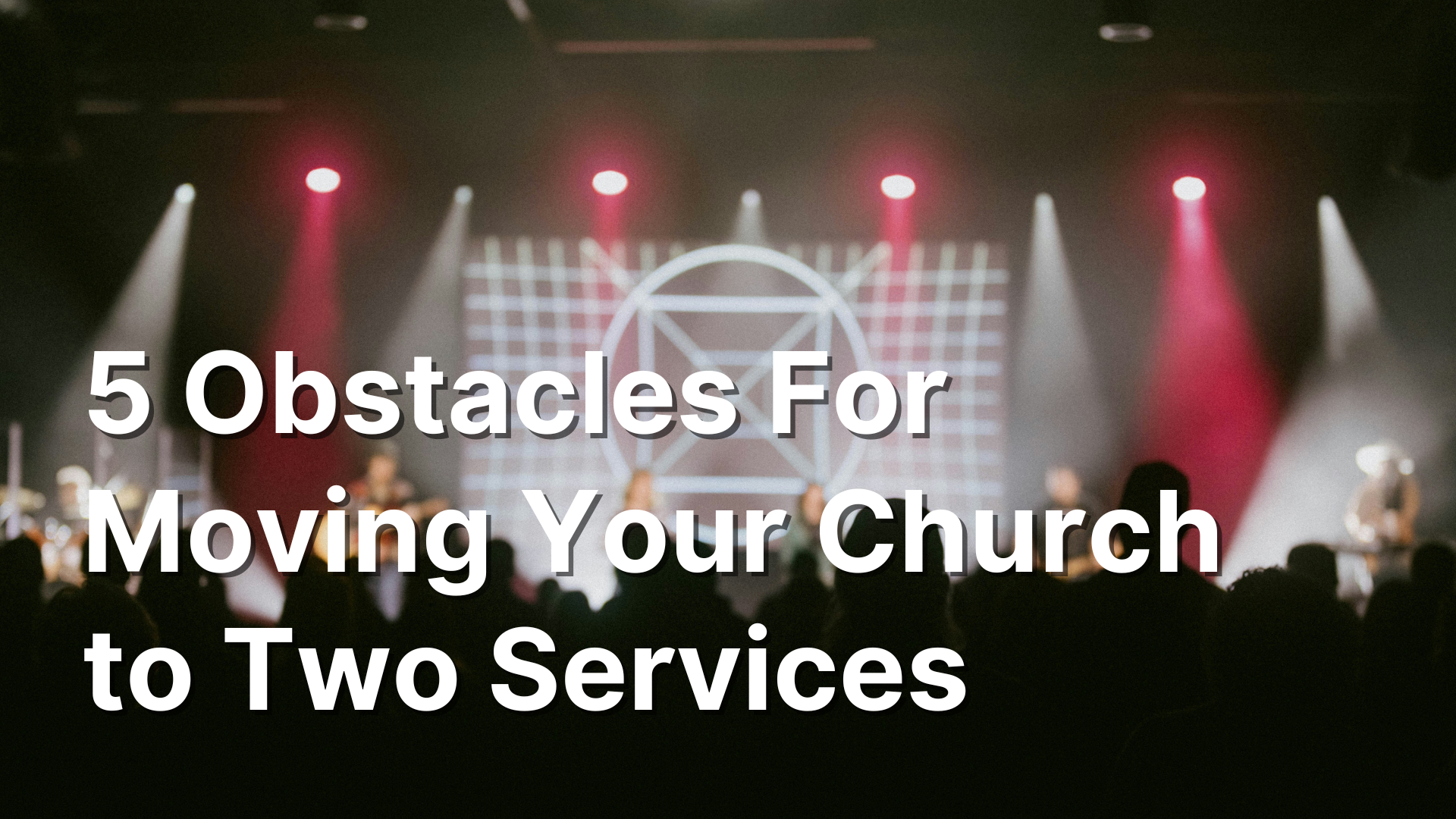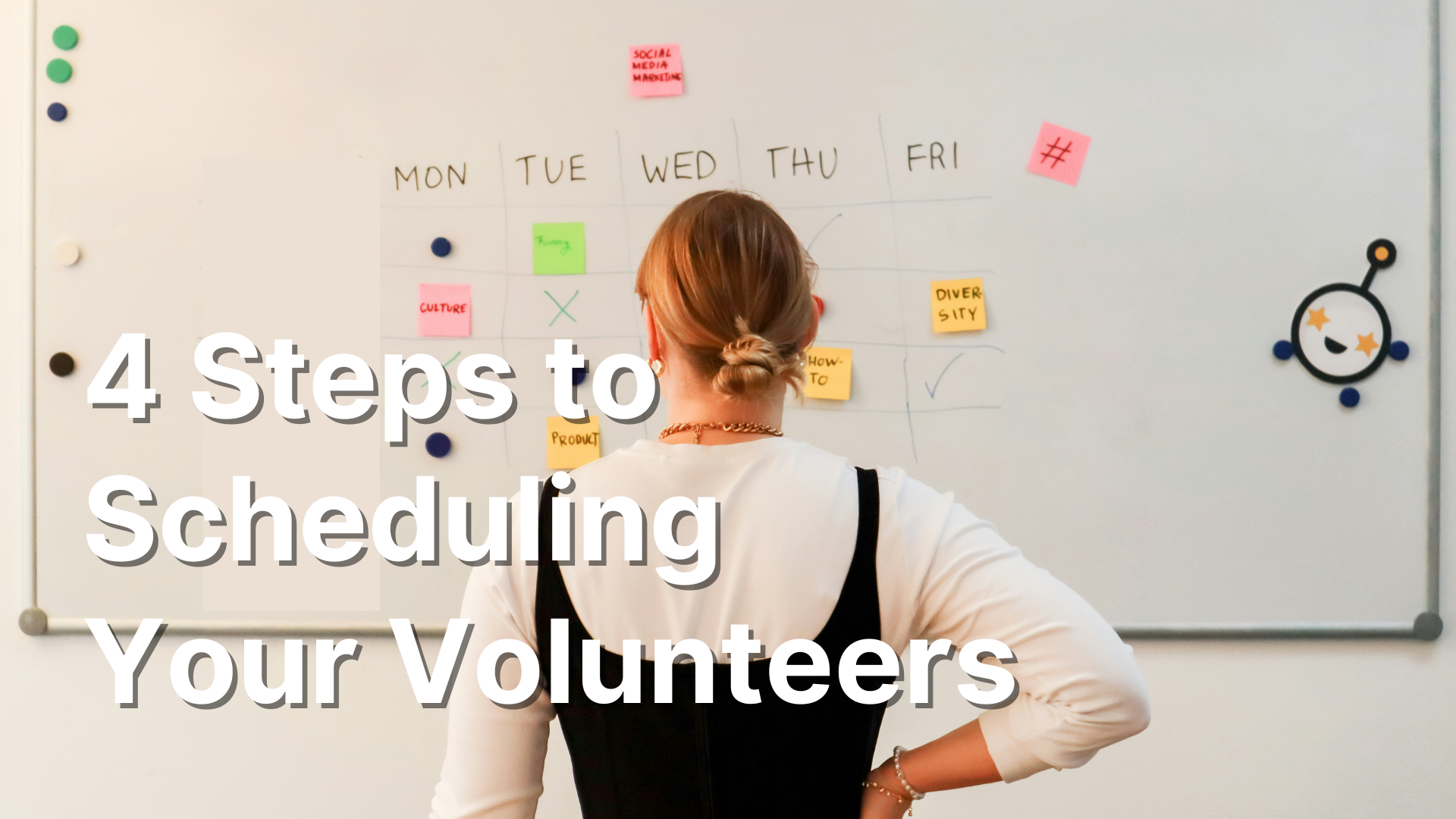Essential Strategies for A NextGen Event Budget
Photo by NORTHFOLK on Unsplash
It’s that time of year where we’re all working on our budgets to prepare for the new year. I love to plan, that’s why I’ve written so much about calendaring here. I want to see you have the best year yet and reach more people than ever before.
But as much as we like to plan and dream about all the things we’re going to do in the next year, we need one valuable commodity. Money. If you’re in Nextgen ministries, most likely you don’t have a say in the whole church budget. Hopefully, however, you do get a say in your ministry’s budget.
In today’s post, I’ll give you the tools and processes you need to plan for a specific event. If you need help making your overall budget, you can see my post here.
Jesus said in Luke 14:28-30
“Suppose one of you wants to build a tower. Won’t you first sit down and estimate the cost to see if you have enough money to complete it? For if you lay the foundation and are not able to finish it, everyone who sees it will ridicule you, saying, ‘This person began to build and wasn’t able to finish.’
If we want to have a great event where hundreds if not thousands of people attend, we need to count the cost. Unless you want a fiasco like the Fyre Festival, having a plan for all your dollars is essential.
One year, I had an incredible VBS. I had more kids come than ever before. My volunteers were energized, and we saw a ton of kids come to Christ. A week or so after the event the church administrator came to see me. I could tell he wasn’t happy. I had overspent on the event by five thousand dollars!
Looking back, I kind of had a plan. But towards the end I threw caution to the wind and starting saying yes to everything. I had a treat yo’ self month for everything VBS. But now I had to pay the piper. For the rest of the year, I had to cut back on my budget until I put my ministry back in the black.
I didn’t want to ever go through that again, so I made the budget worksheet I share at the end of this post.
Whenever planning any event we have to consider two main costs Fixed and Variable.
Fixed Costs
Fixed costs are the things you plan to buy, rent, or use no matter how many people attend your event. These are things like, advertising, decorations, feeding volunteers, and rented activities like inflatables. These numbers mostly stay the same no matter how many people attend your event.
Your fixed costs are the foundation of your event budget. These should be some of the first decisions you make in your planning process. When you need to cut back on costs, these are usually the last to be cut.
So, when you sit down to plan, figure out what things you want do that won’t change depending on attendance. Then for each of those things, you should assign a number. For example, for my Egg Hunt, I know I want to spend about $500 on advertising and $300 on inflatables. Those are some of the first numbers I add into my budget.
Variable Costs
If fixed costs are the foundation of your budget, variable costs are everything else. When working with small numbers, variable costs are not that big. But as your attendance grows so do these charges. In the VBS context, variable costs are things like snacks, crafts, wristbands and t-shirts. For egg hunts, it’s the number of eggs you want to use and how much candy you want to put in them.
For every attendee there is another $5, $10, or $60 added to your bottom line. As you make your plan for the event, you need to think about the supplies you need for the event. Does every kid need that thing? Can it be shared in groups or stations?
If you only need one, then that’s a fixed cost. But if you need more based on how many kids come, then that’s variable.
Do the math.
After my over-budget VBS, I dove deep into my expenditures and identified my fixed and variable costs. I then split them into those categories and found out how much spent in each category. This gave me an idea of what I could do next year.
Fixed costs were easy, because they don’t change. Variable was a little more complicated. I took how much I spent each category and divided that by how many kids I had. That gave me how much I spent on each kid.
Let’s say for your own event you plan to spend $2,000 on variable costs for 200 kids. Then each kid costs $10. But don’t stop there. Figure out how much you want to spend on things like snacks, wristbands, t-shirts, crafts, and more. Whatever you need or want to give to each participant. You can then take those numbers and divide by how many participants you plan to have. This will show you how much it costs per participant per category.
Having this information is invaluable when you need to determine if that thing you’re spending your money on is worth it. When I was doing Group VBS, they strongly pushed Bible Buddies. They were little toys I could give to kids one for each day. They were $5 per set. Which isn’t that much when you’re talking about 20 or 30 kids. But I was planning for 250. That’s over $1000 just on a toy. When budget cuts came, spending that kind of money didn’t make sense for something that had so little value add.
To help you do all this math and keep track, I like to use Microsoft Excel. You could also use Google Sheets. With just a little know-how, you can get the program to do the math for you. Even still, you can change variables like how many kids or volunteers and see how it changes your bottom line. If you don’t know how to do all that, check out my budget worksheet below.
Once you figure out how much you want to spend on each category, you now have your budget. The next step is to plan out when you’re going to spend all that money. As I talk about in this post I start planning for VBS in January. This means my costs start there and gradually ramp up all the way to the event. I will write all this down and put it into my annual budget for approval. This allows the powers that be to plan cash flow and make sure they can fund your dreams.
Making an event budget isn’t hard or complicated. But it does take focus, planning, and a little math to make it all work. But once you do, you’ll be far better prepared to make an impact in the kingdom.

